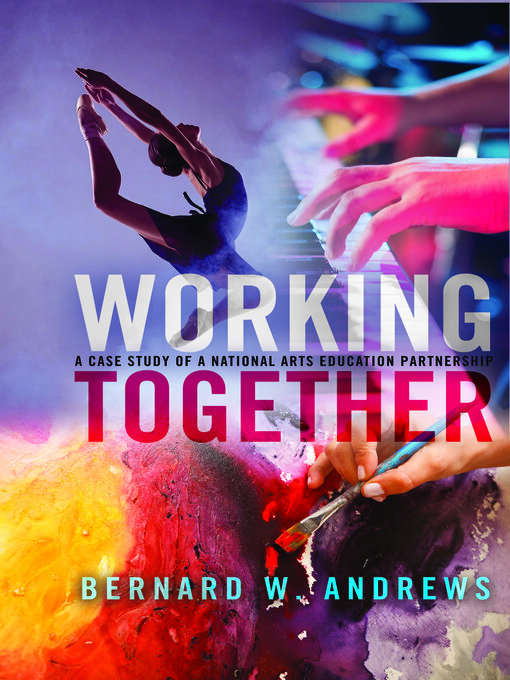The author analyzes modern Russian history from a new perspective. Due to the ideological heritage of the XIXth and XXth centuries, the social settings of the sociopolitical history of the USSR (1917–1945) have not been fully identified. Detailed examination of ideological and political concepts shows that the revolution of 1917 became not a middle class, proletarian movement, but rather a plebeian one. The misjudgment by the new power enabled growth but caused tremendous losses of human lives and material damages. Socialization of economy and strict centralization led to a new social structure and established terror as an instrument for social reorganization. WWII revealed the necessity of a correction of these developments, but the events of the Cold War circumvented any further considerations.
- Book Day 2025
- Earth Day
- English Language Day
- 2025 UK Summer Reading Challenge
- British Science Fiction Association awards
- Book of the Year
- International Booker Prize
- 2025 Women's Prize for Nonfiction
- The Arthur C. Clarke Award
- Uplifting Reads to Kickstart Your Year
- Bestsellers of 2024
- Nero Book Awards
- Great Reads from Around the World
- See all ebooks collections
- World Cancer Day
- International Day of Women and Girls in Science
- Magazines
- World Photography Day
- See all magazines collections
